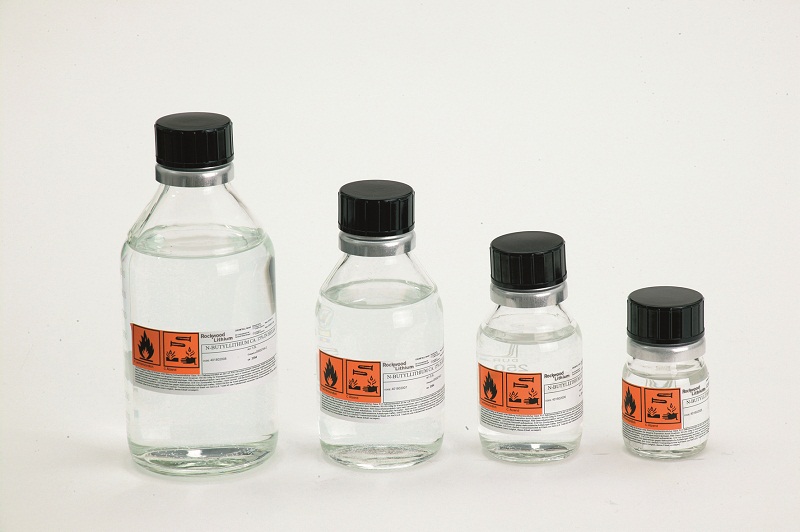Recent advancements in reagents in various scientific fields
In molecular biology, the development of novel enzymes and reagents has greatly improved the efficiency and accuracy of techniques such as PCR, DNA sequencing, and gene editing. For example, the use of high-fidelity DNA polymerases has reduced the error rate in PCR, leading to more reliable results. Similarly, the discovery of CRISPR-Cas9 technology has revolutionized gene editing, allowing for precise modifications to the genome of various organisms.

In analytical chemistry, advancements in reagents have led to the development of more sensitive and selective assays for detecting and quantifying analytes. For example, the use of novel fluorescent dyes and quantum dots has improved the sensitivity of immunoassays and other detection methods. Additionally, the development of new derivatization reagents has enabled the analysis of complex samples with greater accuracy and specificity.

In drug discovery and development, reagents play a crucial role in screening compound libraries and studying drug-target interactions. Recent advancements in reagents have led to the development of high-throughput screening assays that allow for the rapid identification of potential drug candidates. Additionally, the use of novel biochemical assays and reagents has improved our understanding of drug metabolism and pharmacokinetics, leading to the development of safer and more effective drugs.

--> Recent advancements in reagents have had a profound impact on various scientific fields, enabling researchers to conduct experiments that were previously not possible.
--> These advancements continue to drive innovation and discovery in science and have the potential to lead to new breakthroughs in the future.
